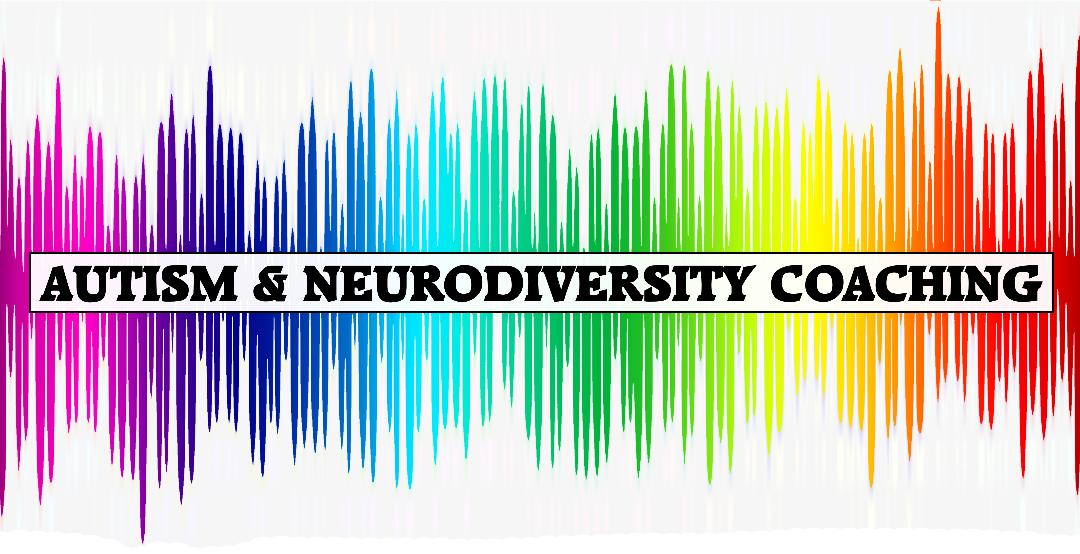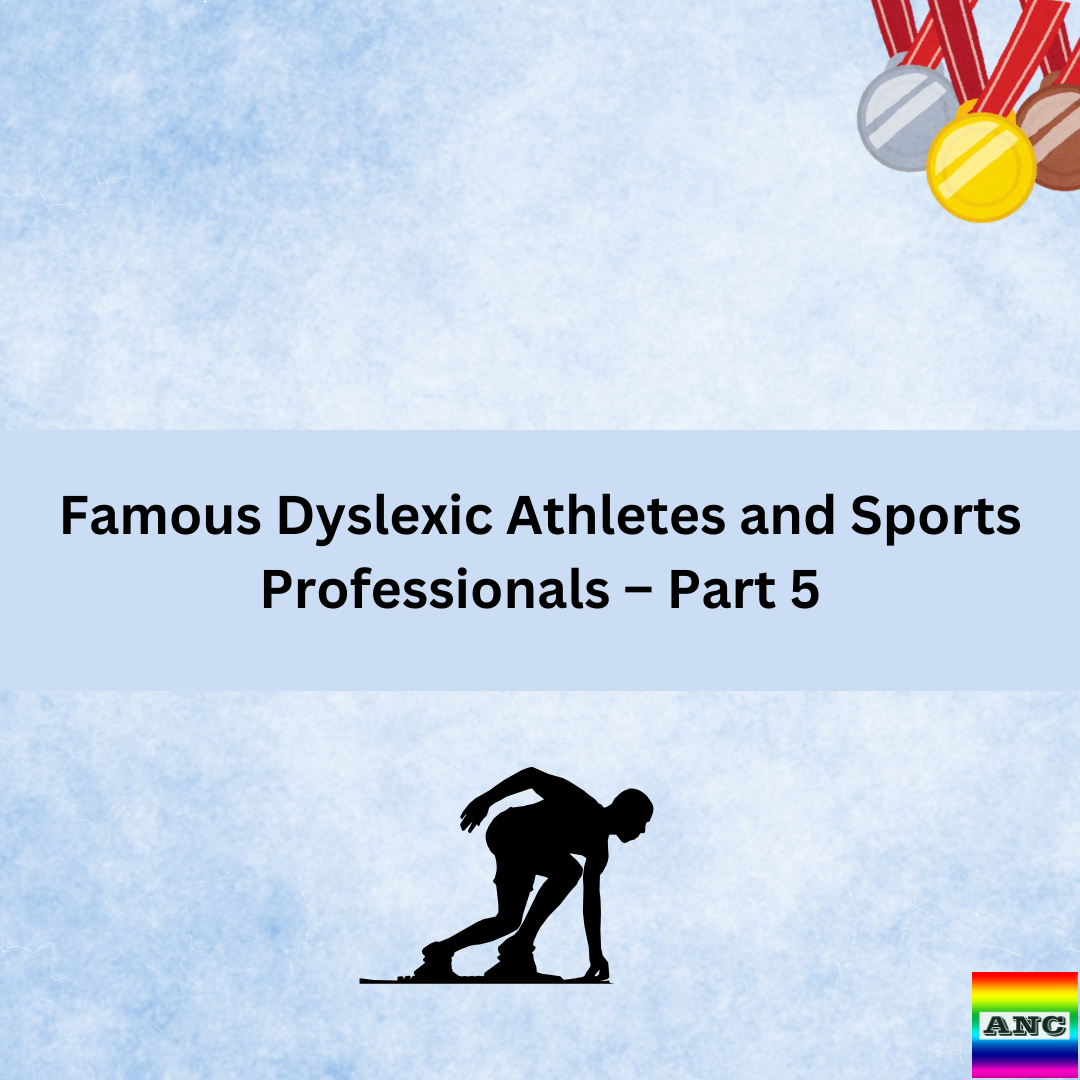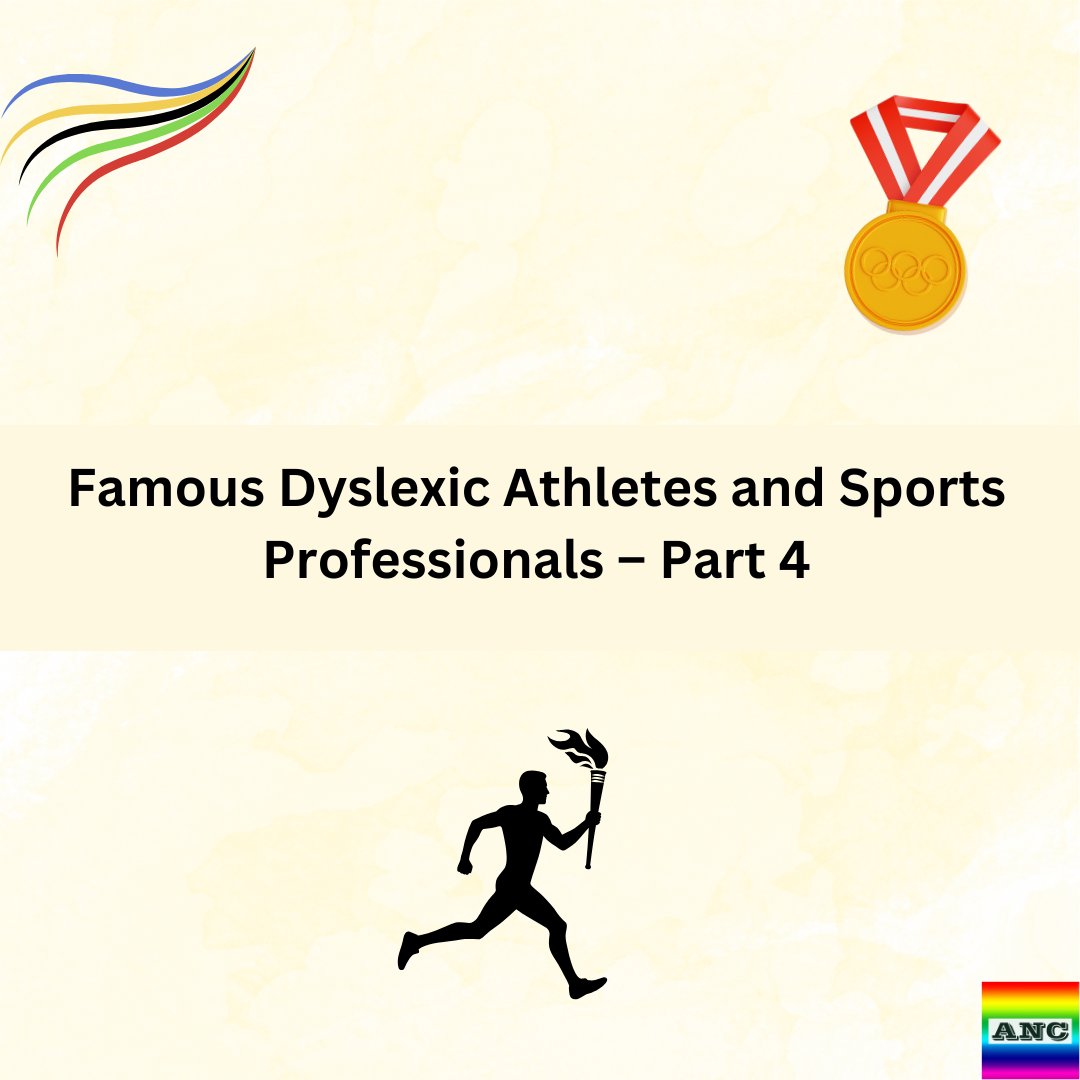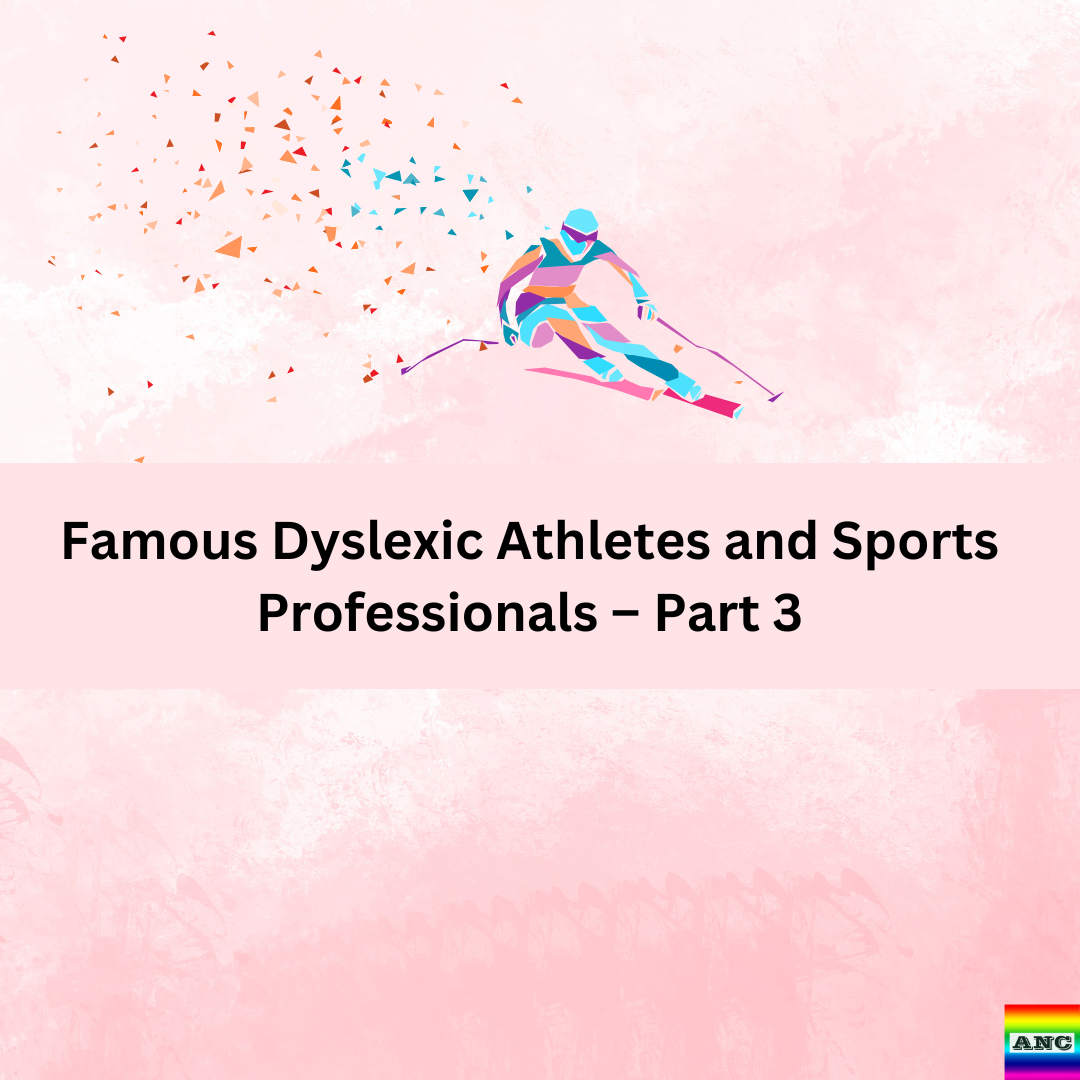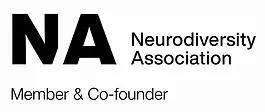Dyslexia's Unique Advantages in Sports Part 6
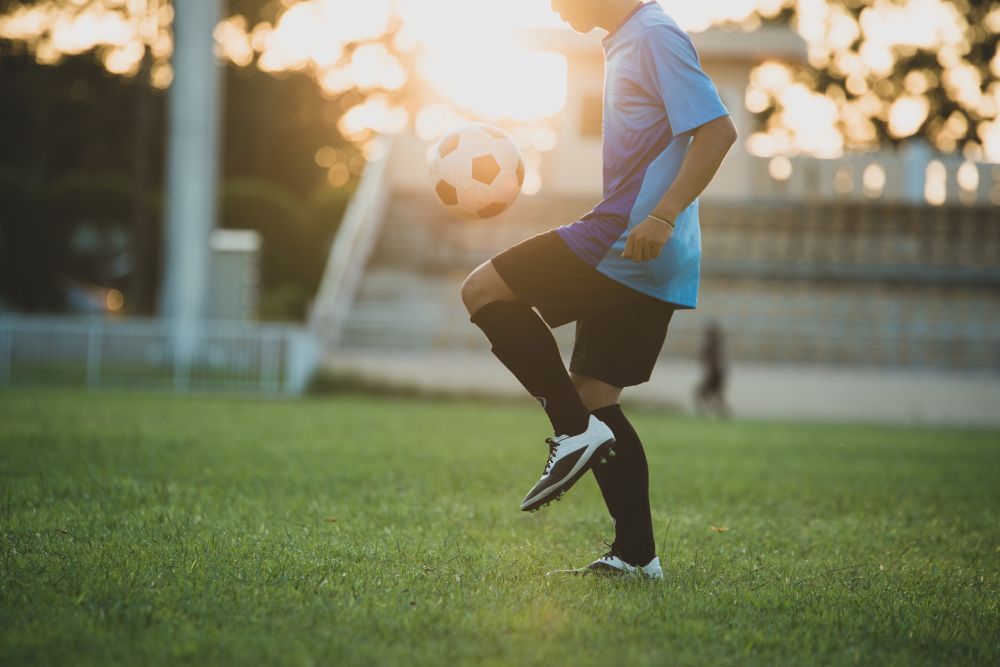
Cross-Sport Skills Transfer
Athletes with dyslexia often excel in multiple sports, as their unique way of processing information allows them to transfer skills across disciplines. Dyslexic individuals are known for seeing patterns and making connections between seemingly unrelated activities. This skill transfer is advantageous in sports because it enables athletes to apply techniques and strategies from one sport to another, enhancing their versatility and adaptability.
For example, a dyslexic athlete who excels in soccer might also perform well in basketball because of their ability to quickly understand spatial positioning and team dynamics. Similarly, the hand-eye coordination developed in tennis could translate to improved skills in other racket sports like squash or badminton. Their ability to cross-train and draw parallels between different sports allows them to diversify their athletic portfolio, making them valuable multi-sport athletes.
Heightened Sense of Timing and Anticipation
In fast-paced sports, timing is everything. Whether it’s a boxer anticipating their opponent’s next move or a tennis player calculating the right moment for a serve, timing and anticipation are crucial for success. Dyslexic athletes often develop a heightened sense of timing due to their reliance on visual and spatial cues rather than verbal or linear processing.
Their instinctual grasp of rhythm and timing allows them to read the pace of a game or match with greater accuracy. This can be especially beneficial in sports like cycling, track and field, or even combat sports, where knowing when to accelerate, attack, or defend can make the difference between victory and defeat.
Ability to Thrive in Non-Traditional Learning Environments
Because dyslexic individuals often struggle in conventional classroom settings, they become highly adept at learning in non-traditional environments. Sports, which are largely experiential and physical, offer a perfect setting for dyslexic athletes to thrive. Many dyslexic athletes report that they learn best by doing—through repetition, hands-on coaching, and real-time feedback. This approach aligns perfectly with the demands of most sports.
In sports training, athletes with dyslexia often excel when given the freedom to experiment with different techniques and strategies rather than being restricted by rigid instructions. This “learning by doing” style enables them to intuitively grasp complex movements and concepts, giving them an edge in sports that require a high level of physical intelligence, such as gymnastics, martial arts, or extreme sports.

